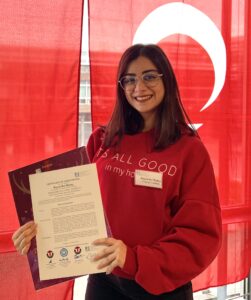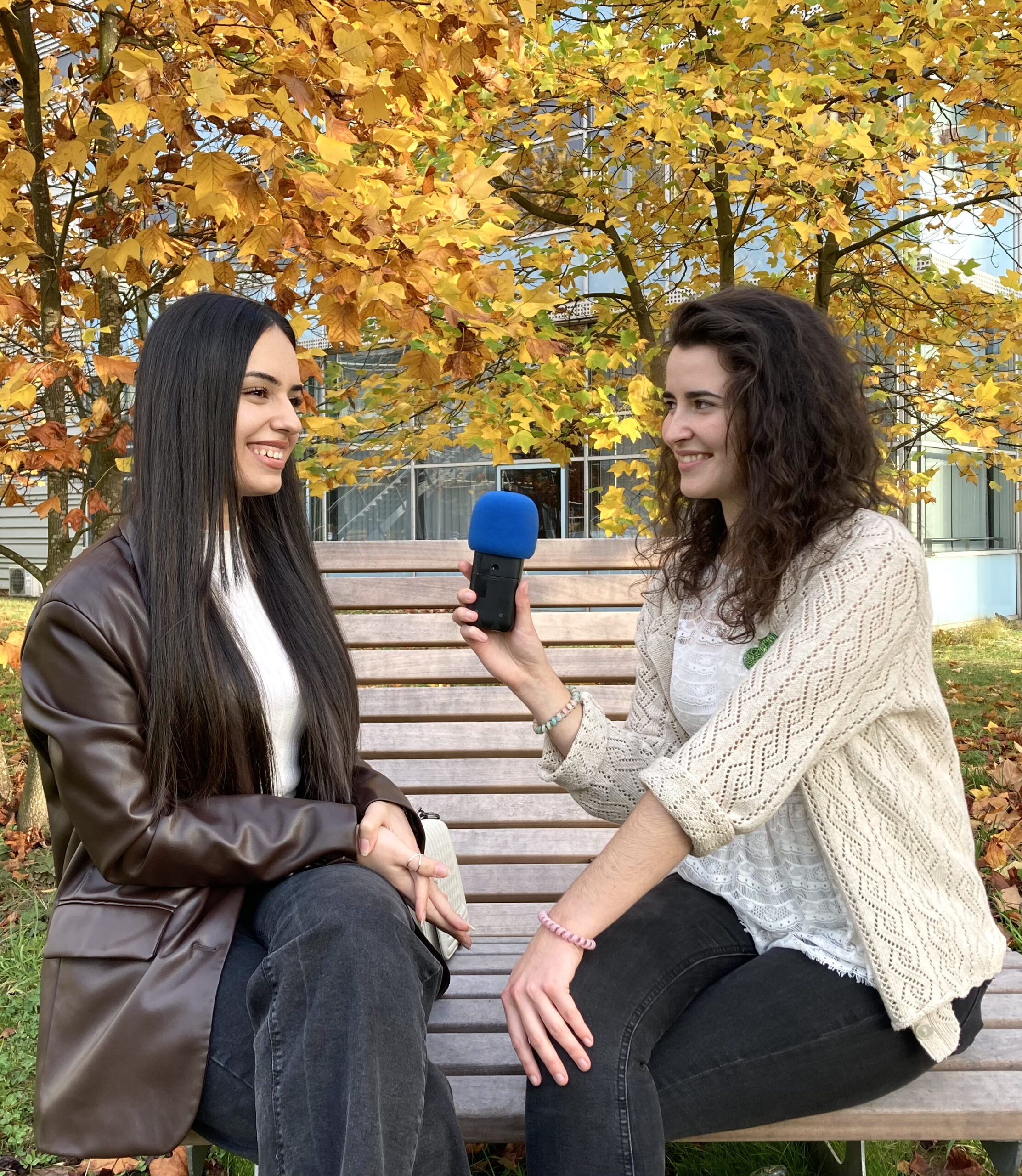
Hello dear listeners and welcome to show 282 of our podcast “Absolutely Intercultural”. Today, we are going to talk about the culture of self-improvement.
One way or another, most of us strive to be better than we really are. We would love to look better, be more successful and feel better than we really are. Many of us constantly try to improve ourselves our working styles and our lives: taking care of our health, searching for our purpose in life, trying to make a difference in the World, developing our skills for the workplace, and working on our private relationships.
Let us assume that self-improvement is the way forward to feeling better about ourselves. But then, why do we feel so exhausted, trying to be perfect everywhere and all the time?
absolutely determined
In our first category, “absolutely determined”, we will listen to Teona from Georgia. As she is clearly a member of the self-improvement culture, Teona already knows what she wants to have achieved in 10 years time and has identified which extra skills the “future-Teona” needs to be a member of this self-improvement culture.
absolutely risky
In our second category, “absolutely risky”, we will hear from Beyza. She shares that in order to improve herself, she had to leave her cultural comfort zone and take the big risk of leaving her home country, Turkey.
absolutely aware
Finally, in our last category, “absolutely aware”, we listen to Johnson from China. He tells us how the Chinese self-improvement culture encourages a strong awareness of losing face in front of others and to keep up one’s dignity. In some cases, this fear of losing face may be stronger than the fear of death.
What about you? Do you have a truly personal approach to setting your own improvement goals? What do you think about the self-improvement culture? Is it the next fashion after the fitness boom? Do you think it can really make us happy as individuals? Get in touch, and feel free to share your unique story with us here on this podcast.
Our next show will be coming to you on the 3 of March.
Until then – check your personal goals against those of the cultural bubble you live in! – and
Bleiben Sie absolut interkulturell!
The host of this show is: Dr. Laurent Borgmann
Chief Editor: Natalia Obikhod
Assistant Editors: Kyeong Jin Kim, Faisal Faisal


